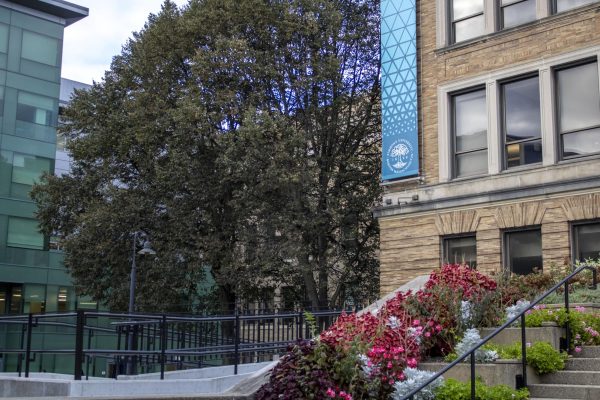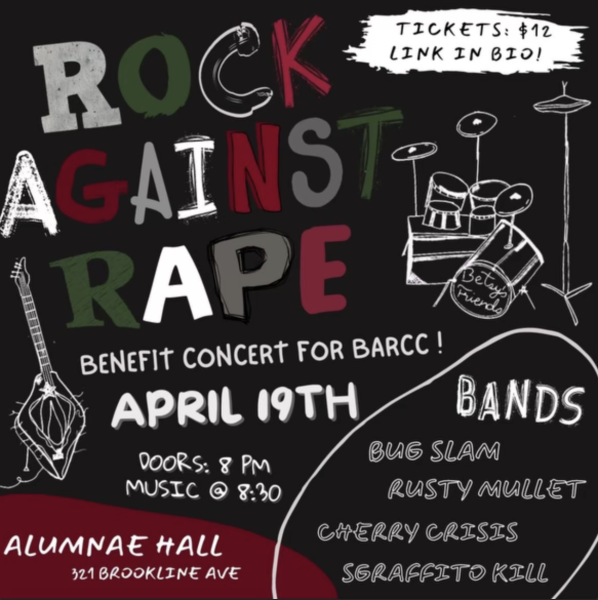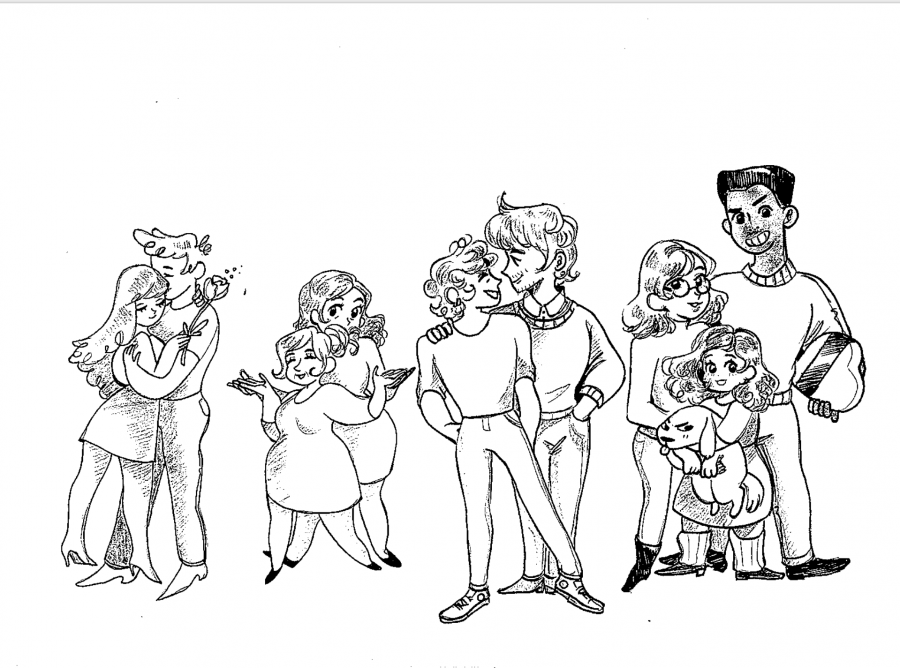By Taylor Rapalyea
Staff Writer
When Ronel Stevens found out she was pregnant, she prayed for a girl. The 31-year-old was worried that if she had a boy, he would get mixed up in the gangs that rule certain parts of Cape Town, South Africa.
Stevens got her wish, and now, 21 months later, she describes having a daughter as a resensitizing experience.
She pushed her long red braids back over her shoulder. Eyes are immediately drawn to her neon green nails, which match the rest of her fashionable outfit. Stevens is serious when talking about gangs, but welcomes passersby with a joke and an easy smile.
Blessed with track scholarships in school, Stevens holds multiple degrees across different disciplines. But that doesn’t make her immune to the violence.
She worries about which parks she can take her daughter to, and where and how to anticipate gang shootings. Just days before, nine people were killed near her home as part of the gangster-run “taxi wars.”
Stevens was born and raised on the border of Lavender Hill in the Cape Flats, a high-poverty area with some of the most notorious gangs in South Africa, who make their money primarily through drugs. In the Flats, you’re more likely to meet someone who smokes meth, or “tic,” than someone who hasn’t.
“This is a society where it’s not necessarily frowned upon to be a gangster,” said Stevens.
This sentiment was echoed at a workshop put on by the Rita Edwards Collective, a women’s group that Stevens helps facilitate. REC was founded to show solidarity with the longest running strike in the country – the platinum miner’s strike – which began 22 months ago.
The collective was running a series on violence in Cape Town called “Cape Town: The Brutal(c)ity.” Their second installment focused on how individuals are affected by violence, including drug use and gangsterism.
“When you think about these issues, you can’t isolate them, and you can’t racialize them,” said Stevens.
While the concept is true – there are known gangs within nearly every race in South Africa – it is widely believed that the “colored” areas make up the most gangs.
“Colored” is a term in South Africa conceptualized under apartheid to separate races that could not be classified as white or black. It can be used to describe Cape Malaysians or people of mixed race.
Many women attending the workshop agreed with Stevens that not all families disapprove of gangsterism. In a country with a 40 to 45 percent unemployment rate and widespread poor living conditions, extra money on the table is rarely questioned.
“You’re growing up in a family where your dad left your mom, and you have a single grandmom,” said Stevens, describing the motivation behind gangsterism. “On your way to school, you’re recruited by gang members. If you don’t succumb, they beat you up.”
Asked how severe the beatings were, Stevens replied, “Severe enough to scare you.”
On top of the threats, gang members also seem attractive to young boys. They have the latest clothes, always have money, and can reel you in with the promise of brotherhood and a place to go.
South Africa and its loose border patrol, corrupt government officials and police force, and skyrocketing rates of unemployment, is a breeding ground for drugs and gangs. When life doesn’t seem worth living, many use drugs to escape.
The workshop frequently touched on the question, “What role do men play in society?”
“Men are socialized into thinking that to be a man you have to be strong, powerful, domineering,” answered Alana,* a visiting student from the U.K. “Drugs and gangsterism attract men who have little self esteem and have no role models.”
But young women also can get caught up in the glamorous life of gangs.
Farah, a 17-year-old from Freedom Park – an informal settlement in Cape Town – has seen the effects of gangs her whole life. One of her friends began dating a gangster when she was 16.
The gang member sold tic, and used the money to buy the young woman gifts rather than handing it over to the gang. Days later, the drug lord came to the woman’s house and held her and her family at gunpoint, demanding to know where the money was. The boyfriend had already run.
“She was in tears,” said Farah angrily, “but she’s back with him now.”
The women participating in the collective came from all over Cape Town. Some from more affluent areas had never experienced violence related to gangs and drug users. Others’ lives had been drastically changed.
“[Drug users] will break into your home, steal your things, stab you. All to support their habit,” said Henrietta from Mitchell’s Plane.
While the participants in the workshop showed support for each other with hugs and applause, there were some clashes in attitudes that seem to represent larger trends in Cape Town.
One woman’s solution for getting drugs and gangs off the street was to go directly after the , and remove them from society. Another participant respectfully disagreed.
“You can’t just take the drug lords out of the community. You have to take something out of here,” she said, pointing to her head.
She described her personal tactics as getting up into gangsters’ faces, asking them why they weren’t in school, and what their mothers thought of them.
“I mean, I don’t know about you man!” she said, met with laughter.
The cost of tic varies by area, but is often cheap enough for someone to get a hit with the equivalent of 1 U.S. dollar. Users are now using lightbulbs as pipes, cutting down on another cost.
The Forgarty International Center estimates that there are as many as 200,000 meth users in Cape Town alone. They also approximate that 70 percent of those users are under the age of 20.
Despite the state of Cape Town, Stevens is determined to keep working for a better future, for herself and her daughter.
“Is there hope?” she asked. “I choose to believe.”
*Names have been changed to protect individuals.



















